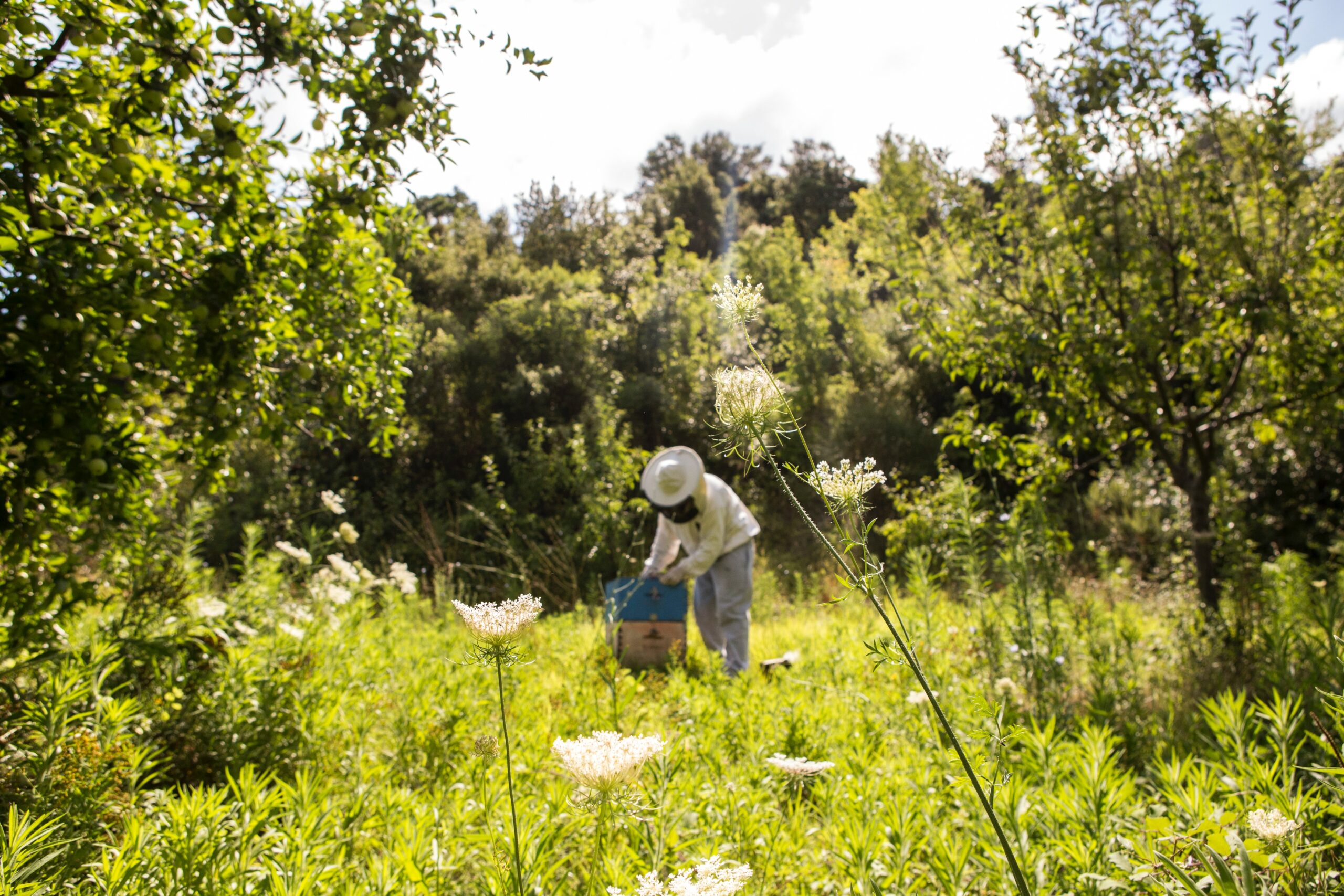Being self-sufficient means to have enough to fulfill our own needs. To be self-sufficient, the adequate resources need to be readily available and accessible.
Villages can become self-sufficient in the following ways:
- Screening development initiatives to discern on and take advantage of inputs that suit its conditions and sort out those that do not.
- The capacity to identify problems that affect it as well as the resources required to solve them.
- The ability to execute their local projects in harmony with the needs of global sustainable development.
- The ability of the people of villages to become literate.
THE SOCIAL CHALLENGE-CONGO
After billions of dollars in humanitarian aid and long-term international work, the people of Congo still did not have proper access to the vital supply of water. It was found that Water systems installed by nongovernmental organizations (NGOs) would dry up as quickly as the grants that were used to fund them. Some of the charity clinics had to make do with whatever medications were sent to them through donors.
The Catholic Relief Services in partnership with the United. States Agency for International Development has been assisting communities across the Democratic Republic of Congo to build economic resilience and achieve “Budikadidi,” which means “self-sufficiency” in the Tshiluba language. This 5-year project has been given this name “Budikadidi” to encourage the people to become self-sufficient.
Through this initiative, communities across Congo have decided what their priorities are and have started to take the steps to achieve them. Some communities’ priorities were the access to clean water or hygiene since this would reduce sickness. Others are focusing on initiatives to increase agricultural production so that they can provide adequate food for their families.
In the village of Nyandu Malou, it was decided that education was a key area to invest in since there were no schools in the village and the majority of the population there were illiterate. Therefore, steps have been taken to construct a literacy centre to educate the young children there.
Projects in Congo
In the municipality of Boma, La Ferme Mbeka is an innovative project that combines the following:
- urban construction
- enhancement of our agricultural, industrial, and historical heritage
- excellent energy performance thanks to low energy buildings
- socio-professional integration and development of tourism in the area.
Firstly, there needs to be creation of the activities and the construction of the site. The project is to build a farm of several floors which includes administrative places, a training space and accommodation for the people who will stay in the boarding school. Initial works started in 2015 on an area of 3 hectares. The expected outcome is to have a total of 29 furnished rooms offering accommodation for students and visitors at a very competitive price. The site will also offer a conference room and the highest standard of energy efficiency. This could further result in adaptable guest rooms being created for hotel training. These training sessions have been updated with the present industry requirements. For this reason, the farm and guest rooms can and will be adapted for training which would allow trainees to put their new skills into practice on site. The project aims to improve the long-term prospects of its trainees by creating stable partnerships with other companies.
The Mbeka farm is expected to train 60 people each year in various fields related to agriculture in food, catering, and hospitality, administrative, housekeeping and reception tasks, for which there is insufficient training in Boma.
Trainees will be also encouraged to improve their knowledge of languages, mathematics, and computer science, which is expected to increase their employability. The final stage includes job search modules, including the writing of Curriculum Vitae and motivation letters, interview simulations and job search assistance.
The initiative was led by Mbumba Joëlle Mbeka and her family and has been funded by herself, under the supervision and support of several consultants. The design work will also be carried out by the Mbeka Foundation. By combining training and employment in the agriculture and tourism sector, the project should support the local economy by creating jobs and increasing its tourist attraction, promote the development of local infrastructure, help make the area more enjoyable and strengthen social cohesion.
In Belgium, the Mbeka Foundation which is supported by Semlex for Education, is a non-profit organization that raise funds to fund self-sufficient projects in Congo such as the honey production and management in rural Congo.
If there are other projects that you would like to share with us, please do not hesitate to contact us!
Written by Bhoomattee Surujdin for Semlex for Education.
Resources
[1] Morse, Maggie- BIG-PICTURE THINKING AND SELF-SUSTAINING ESSENTIAL SERVICES IN EASTERN CONGO, Copyright August 2020. [2] Martin, Jermelal-Solutions for Educational Inequality-Published by United for a Fair Economy-August 2020 [3] UNESCO (Santiago)- New UNESCO Report shows extent of global inequalities in education and calls for greater inclusion as schools re-open -UNESCO Report 2020 [4] Catholic Relief Services- LITERACY LEADS TO SELF-SUFFICIENCY IN THE DEMOCRATIC REPUBLIC OF THE CONGO-Retrieved from https://www.crs.org/stories/literacy-leads-self-sufficiency-democratic-republic-congo

